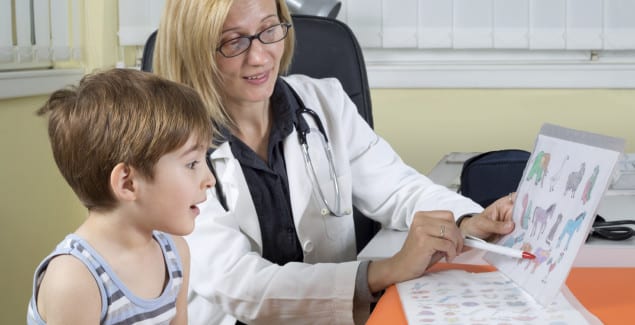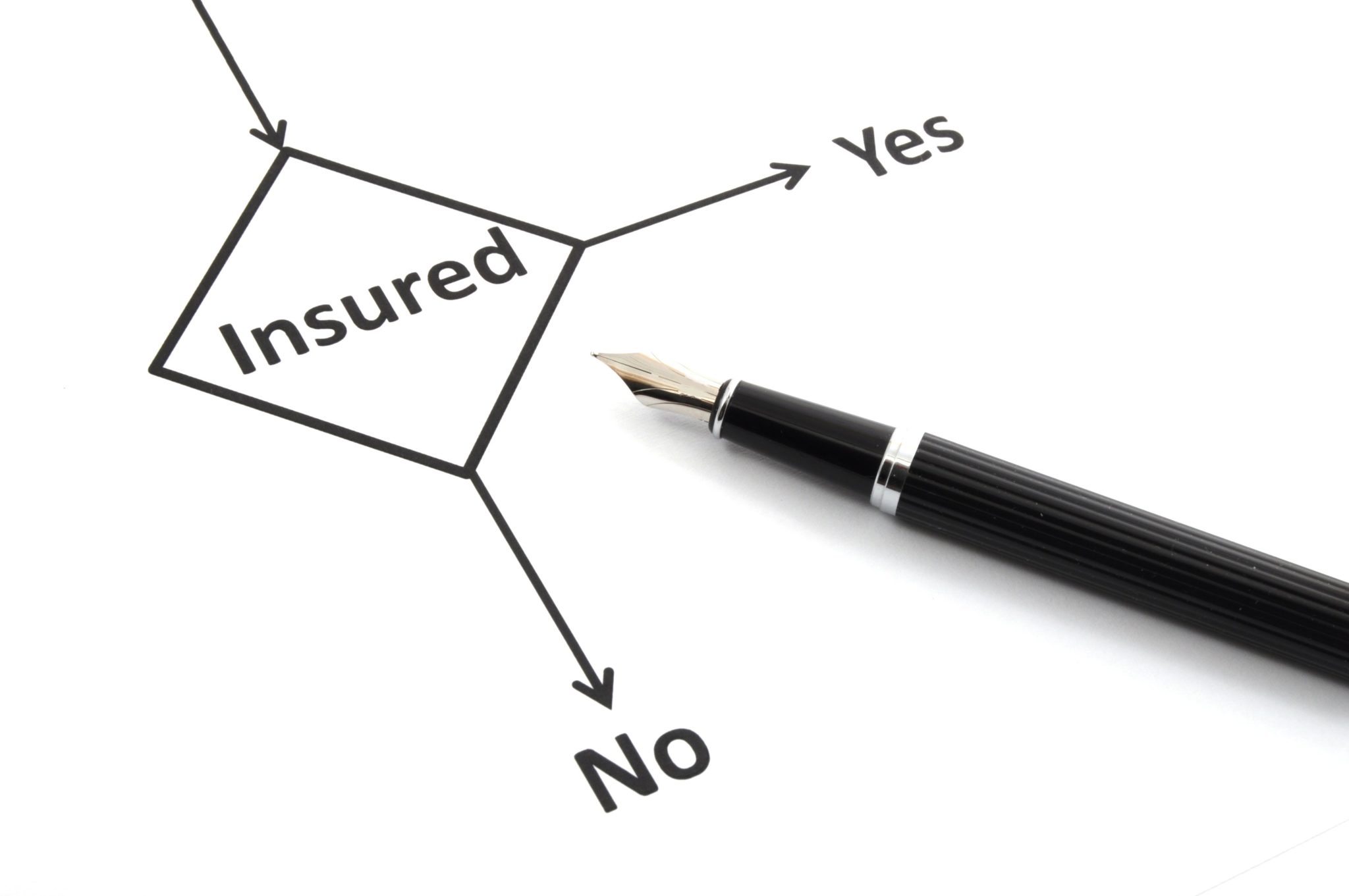Pros and Cons of a Private Clinic Versus Public School Evaluation

Posted in: Grade School, You & Your Family
Topics: Learning + Attention Issues
Christopher had a tough third grade year. He struggled to pay attention, had difficulty reading his assignments, and was never able to finish his homework on time. At various points throughout the school year, his teacher asked his parents to get him “evaluated”—either through the school system, or through a private clinic. His parents hesitated, as they didn’t want to “label” him. However, after a frustrating summer with Christopher, his mother realized she needed some answers—preferably before school started in the fall. So, after a number of sleepless nights, Christopher’s parents decided that the fear that he might not pass fourth grade far outweighed the fear that he would be labeled. They decided that a comprehensive evaluation was needed, but weren’t sure if they were better off having him complete the evaluation at school, or at a clinic. They realized that they were entitled to get an evaluation through their public school system, but were also told about clinicians who practiced in settings such as hospitals, community clinics and private practices.
If you are a parent who is struggling with this decision, many factors may affect where you choose to have your child evaluated—for example, your individual concerns, the cost/insurance contribution and the availability of private agencies. When weighing these, there are a number of things to keep in mind.
If you decide to have your child evaluated through the school system, the entire cost of the evaluation is covered; there is no expense to you. Even if your child attends a private school, he is still eligible for an evaluation. The purpose of this type of evaluation is to determine whether a child qualifies for special education services; it does not provide information about a diagnosis, nor do you have control over who completes the testing, or what kinds of tests are performed.
If you instead decide on a private evaluation, you will likely have more input in the process, and the evaluator will offer a diagnosis (when appropriate). Regardless, a private evaluator should offer a list of recommendations, and an explanation of your child’s learning profile. The point of this type of evaluation is to better understand your child, no matter the kinds of services that are available at his school.
When I discussed the possibility of testing Christopher, I gave his parents the following list of pros and cons.
The Pros of Each
There are a number of very positive reasons to get an evaluation completed through the school system, including:
- You pay nothing for the evaluation.
- The person who completes the evaluation may also be the one to work with your child (this is particularly true for speech/language therapists, occupational therapists, physical therapists, and reading specialists).
- The services recommended by the school system will usually be paid for by the school system.
- You have the right to seek amendments to the school’s reports.
- If you are not satisfied with the school’s testing or conclusions, you can still get a private evaluation, sometimes at the school’s expense.
Alternately, there are some positive reasons to get a private evaluation, including:
- The evaluation may be covered by your insurance company.
- The evaluator often has a wider range of tests from which to choose.
- You can have greater confidence that recommendations are being made without regard to the cost of services.
- You may request editing of personal information from the report.
- You control who sees the report, and may have input into what recommendations are made.
- You choose the evaluator.
- You can usually expect a more comprehensive evaluation.
The Cons of Each
While both of these options are seemingly perfect, they are not without their limitations—the cons of a public school evaluation being:
- You do not get to choose the evaluator.
- The process of having your child evaluated through the school system often takes a long time (rarely less than two months from referral to team meeting).
- You do not control the report; it automatically becomes part of your child’s record.
- If you’re not happy with the results, and decide to pursue a private evaluation after the fact, your child has to repeat the process, and the independent evaluator is somewhat limited in the tests she can use.
The cons of a private evaluation include:
- Schools will sometimes not fully accept the results of a private evaluation and insist on doing their own testing.
- There is usually a long wait for an appointment (almost a year in some clinics).
- Many insurance plans will not cover the full cost of testing, and they never cover the cost of an evaluation for learning disabilities.
So, what is the perfect scenario? Well, it really depends.
My suggestion is to get as much information as you can. Talk to other parents to see what they did. Weigh some of the logistical issues. If you decide to get a private evaluation, make sure you have good references—don’t get a private evaluation just because the clinician happens to have an opening next week. Conversely, don’t assume that the school evaluation is your only option.
What did Christopher’s parents do?
Well, they did some of both. They came to see me, and I performed a comprehensive neuropsychological evaluation. However, they also involved the school by having the occupational and speech/language therapists perform their specialized evaluations. And, I collaborated with the school psychologist to make sure that my evaluation was comprehensive enough.
Regardless of who you choose to complete the evaluation, make sure it’s a collaborative effort—and that you are an integral part of the decisions made for your child.

 Share
Share Tweet
Tweet





